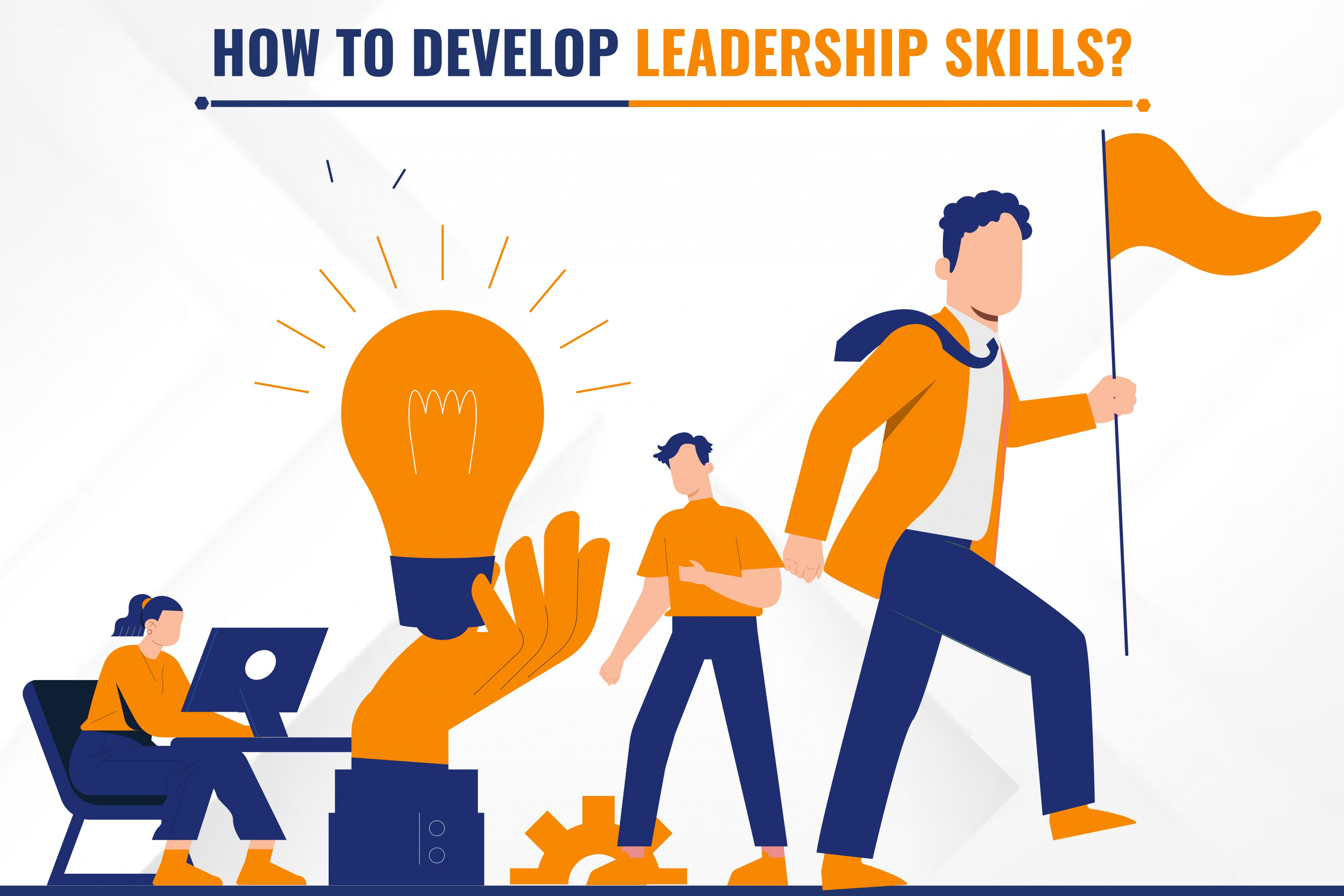Cultivating Tomorrow's Leaders: A Guide to Developing Leadership Skills in Students
Leadership skills are essential for success in both personal and professional realms, empowering individuals to inspire, influence, and guide others towards shared goals. This article explores effective strategies and practical approaches to nurturing leadership qualities among students, emphasizing experiential learning, mentorship, and fostering a growth mindset.
Understanding Leadership Skills
Leadership encompasses a diverse set of skills and attributes that enable individuals to navigate challenges, motivate others, and achieve collective objectives. Key leadership skills include:
-
Communication: Effective verbal and nonverbal communication to convey ideas, inspire action, and build relationships.
-
Decision-Making: Strategic thinking, problem-solving, and making informed decisions under pressure.
-
Collaboration: Working effectively in teams, promoting teamwork, and leveraging diverse perspectives.
-
Empathy and Emotional Intelligence: Understanding others' emotions, fostering inclusivity, and managing interpersonal relationships.
-
Adaptability: Flexibility, resilience, and the ability to navigate change and uncertainty.
-
Vision and Goal-Setting: Setting clear objectives, creating a compelling vision, and mobilizing others towards achievement.
Strategies for Developing Leadership Skills
1. Experiential Learning Opportunities
-
Leadership Roles: Assigning students leadership positions in clubs, student government, or community service projects.
-
Team Projects: Collaborative assignments that require decision-making, problem-solving, and delegation of responsibilities.
-
Simulations and Role-Playing: Engaging students in scenarios that simulate leadership challenges and decision-making processes.
2. Mentorship and Coaching
-
Peer Mentorship Programs: Pairing older students with younger peers to impart leadership skills and provide support.
-
Professional Mentorship: Connecting students with professionals or alumni who serve as mentors, offering guidance and career advice.
-
Teacher Guidance: Providing constructive feedback, encouragement, and opportunities for reflection on leadership experiences.
3. Skill-Building Workshops and Seminars
-
Leadership Training: Organizing workshops, seminars, or conferences focused on leadership development, communication skills, and emotional intelligence.
-
Public Speaking: Offering opportunities for students to practice public speaking, deliver presentations, and articulate their ideas confidently.
4. Community Engagement and Service Learning
-
Volunteer Projects: Participating in community service initiatives that require leadership, organization, and teamwork.
-
Social Entrepreneurship: Encouraging students to initiate and lead projects that address local or global challenges through innovative solutions.
5. Promoting a Growth Mindset
-
Resilience: Encouraging students to learn from setbacks, adapt to challenges, and persevere in pursuit of goals.
-
Self-Reflection: Facilitating opportunities for students to assess their strengths, areas for growth, and leadership development progress.
-
Continuous Learning: Emphasizing the importance of lifelong learning, seeking feedback, and embracing opportunities for personal and professional growth.
Implementing Leadership Development Programs
1. Needs Assessment and Goal Setting
-
Identifying Objectives: Establishing clear goals and desired outcomes for leadership development initiatives.
-
Student Input: Soliciting input from students to understand their interests, aspirations, and areas where they seek leadership growth.
2. Curriculum Integration
-
Incorporating Leadership Modules: Introducing leadership topics, case studies, and role models within existing curriculum frameworks.
-
Cross-Disciplinary Approach: Integrating leadership development across subjects to reinforce skills in diverse contexts.
3. Evaluation and Assessment
-
Measuring Progress: Implementing assessments, surveys, or self-reflection exercises to gauge students' leadership skills development.
-
Feedback Loop: Providing timely feedback and opportunities for students to reflect on their experiences and growth.
Overcoming Challenges
1. Resource Constraints
-
Securing Funding: Seeking grants, sponsorships, or partnerships to support leadership programs, workshops, and initiatives.
-
Utilizing Existing Resources: Maximizing school facilities, faculty expertise, and community partnerships to enhance leadership development opportunities.
2. Cultural and Organizational Barriers
-
Promoting Inclusivity: Ensuring leadership development programs are accessible and inclusive to students from diverse backgrounds and abilities.
-
Fostering Support: Garnering support from school administration, educators, parents, and the broader community for the importance of leadership education.
Conclusion
Leadership skills are integral to preparing students for future success, equipping them with the tools to navigate complexities, inspire others, and effect positive change in their communities and beyond. By fostering a nurturing environment that encourages experiential learning, mentorship, and continuous growth, educators play a pivotal role in cultivating the next generation of visionary leaders. As we embrace the evolving landscape of education, let us empower students to harness their potential, develop their unique leadership styles, and embark on journeys of leadership that contribute to a brighter, more inclusive future for all. Together, we can cultivate a culture of leadership that celebrates diversity, resilience, and the limitless possibilities of youth-driven innovation and impact.



add comment
please login to add or edit your comment
login nowpost comments
no comments added yet!